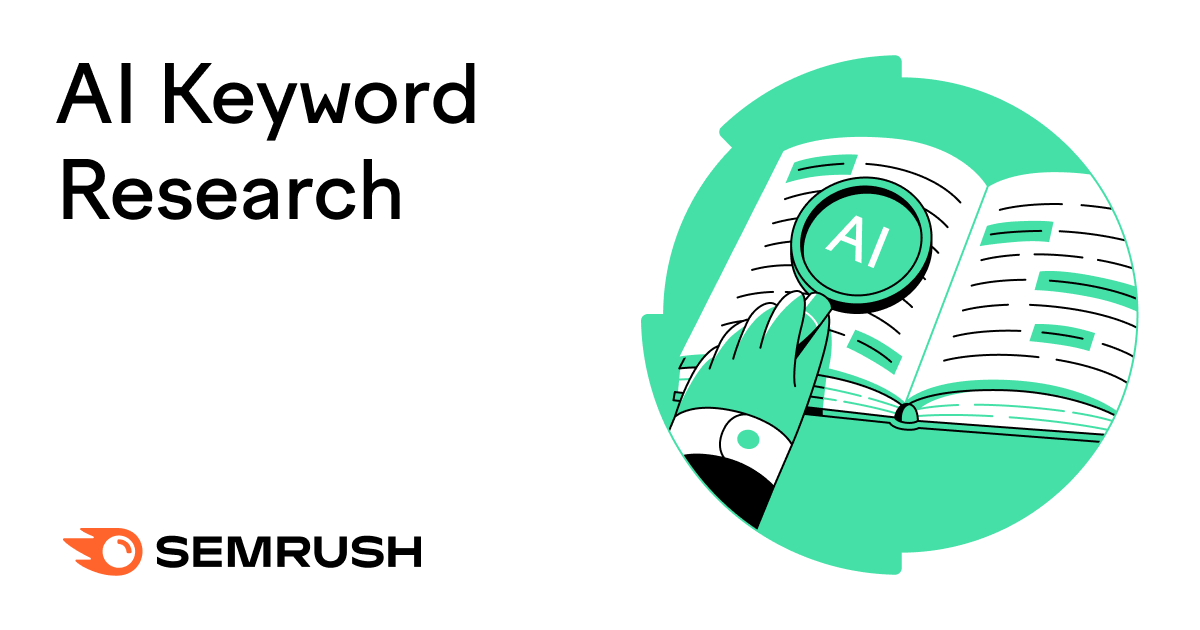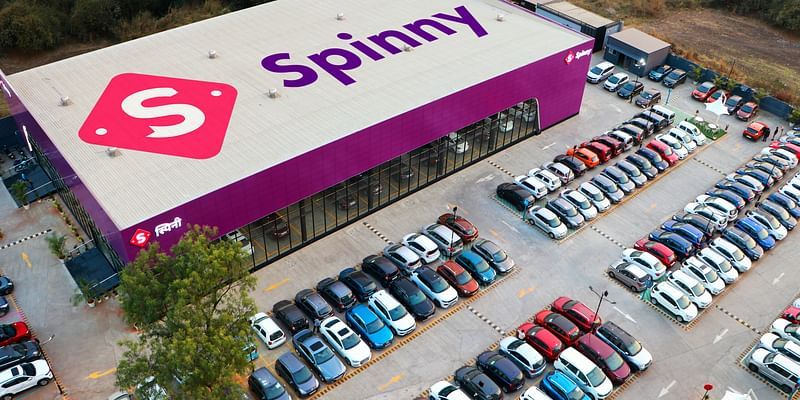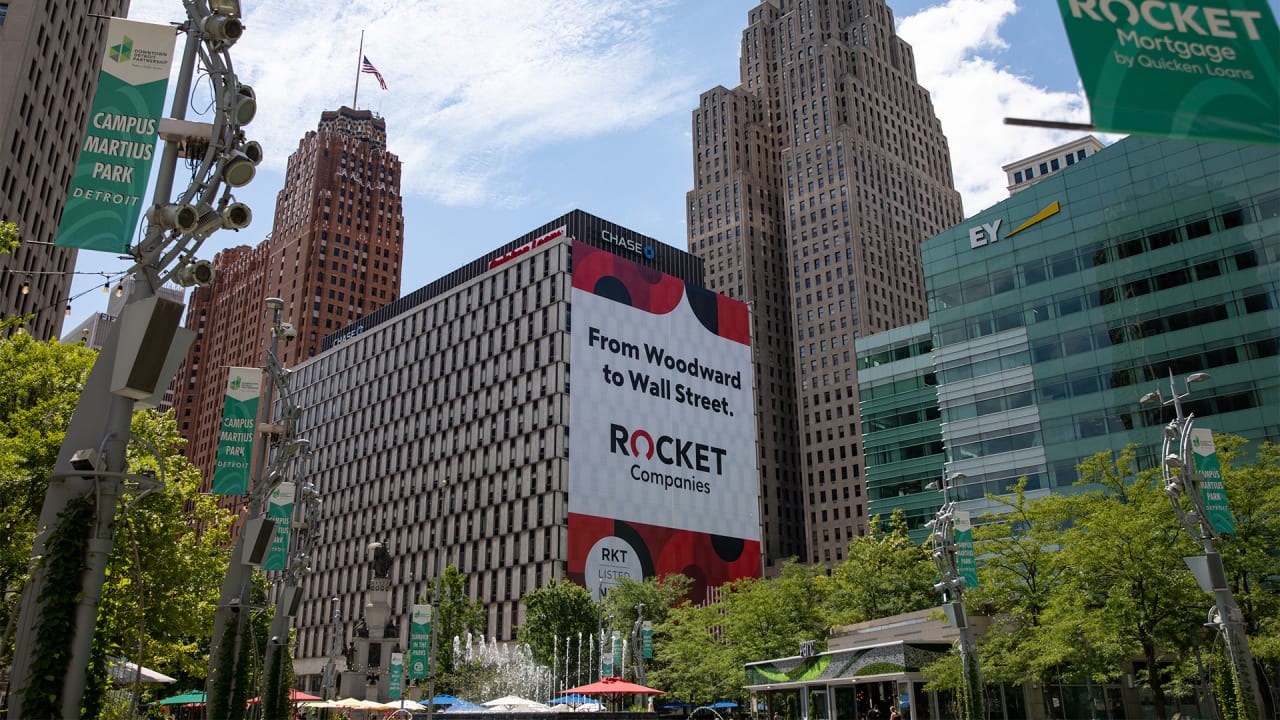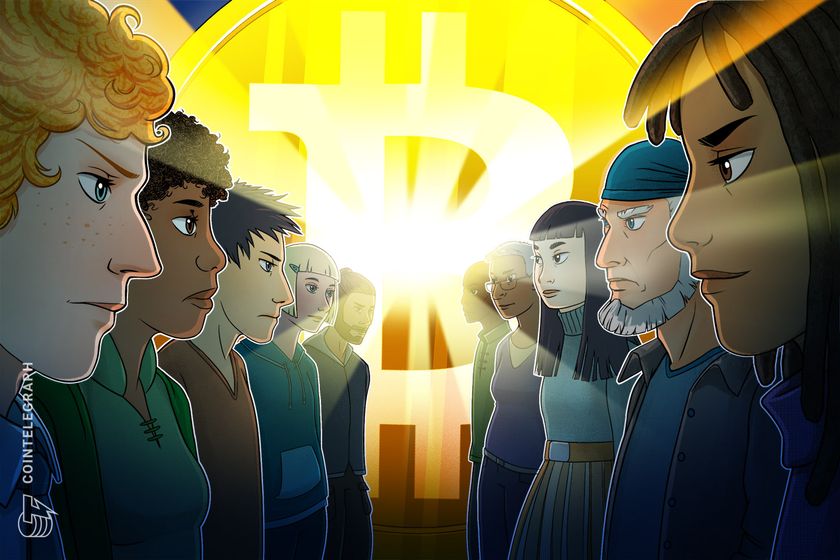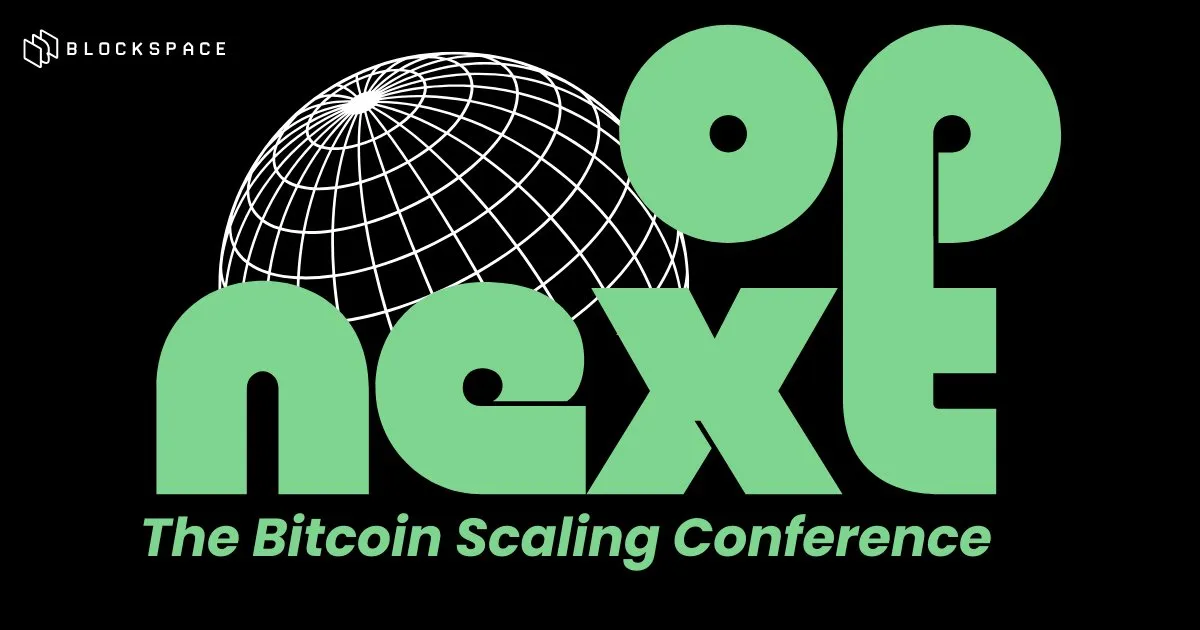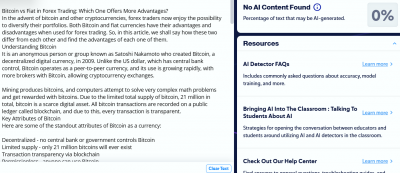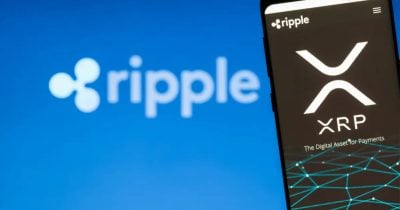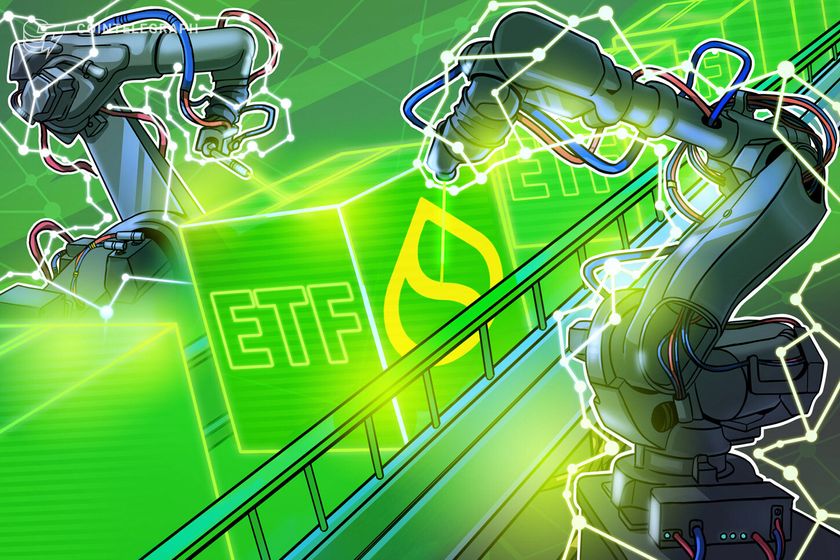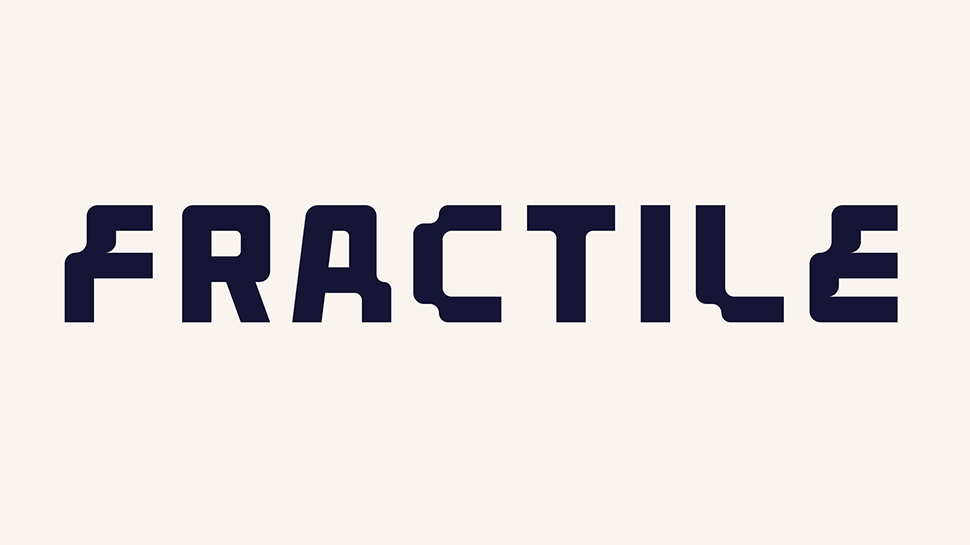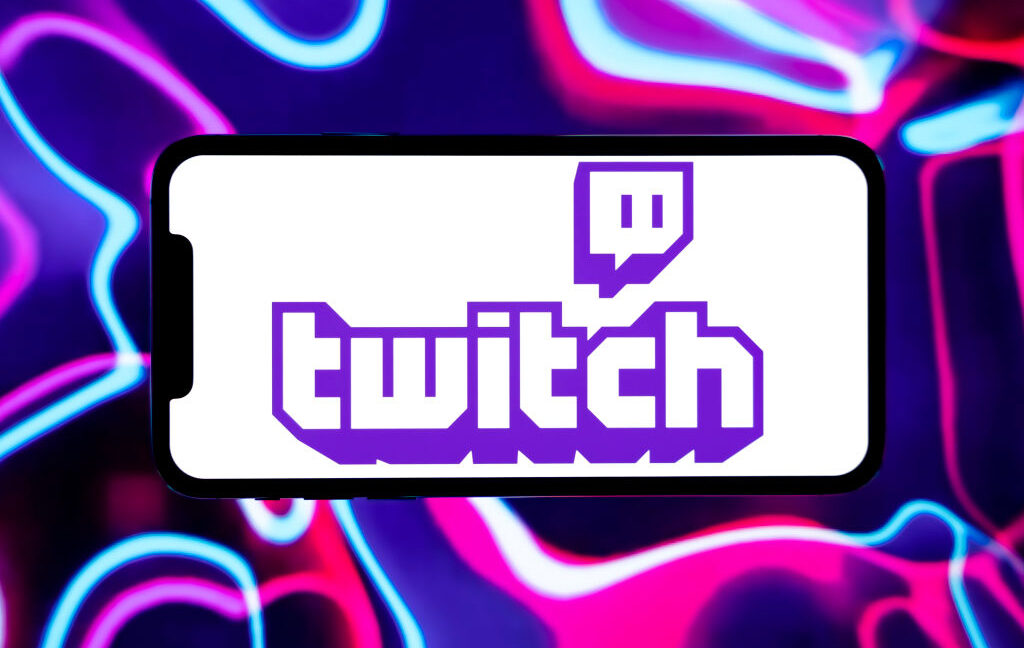Pre-packaged or left behind? Entry-level jobs now demand more
Landing an entry-level job is no longer about just clearing an exam and an interview. Companies now expect freshers to come in ‘pre-packaged’ with industry-ready skills, AI proficiency, and hands-on experience. With rising expectations, learning before the job is the new norm.


With a decent grasp on core subjects, respectable grades, and a few projects to his name—final-year engineering student, Alok Kumar*, thought he was ready for his placement interview. However, when the recruiter asked about AI analytics and prompt engineering, Kumar froze: “We weren’t taught this in college.” The recruiter smiled sympathetically.
A few years ago, getting a job as a fresher in an IT company was simpler—crack an exam, a coding test, clear the interview, and you were most likely in. Today, companies expect more—freshers should be ‘pre-packaged’ with industry-ready skills, hands-on experience, and even AI proficiency.
If they don’t? They are simply left behind.
While learning on the job still exists, its prequel—learning before the job—is now the norm, leaving many students overwhelmed by the pressure to be industry-ready before they even graduate.
“There is pressure to learn AI and other emerging technologies,” says Kavana Reddy M, a second-year BCA student. “The pressure comes from the fact that many companies now expect freshers to have at least some foundational knowledge of AI, even if it wasn’t covered in their coursework.”
This is the new reality of entry-level jobs—where yesterday’s extra skills are today’s basic expectations. Fresh graduates need to learn, do and be more—just to get a foot in the door.
The rising bar
“Recently, we have seen a significant evolution in the skill-based requirements for entry-level positions,” says Naveen Tiwari, Co-founder of recruitment firm Scrabble, highlighting the increasing need for freshers to begin contributing immediately without extensive training.
“In addition to traditional qualifications, companies are now placing greater emphasis on technical and soft skills previously considered supplementary,” points out Shantanu Rooj, Founder and CEO of TeamLease EdTech, a higher education-focused learning firm.
Technical skills, including cybersecurity, cloud computing, data analytics, and search engine optimisation, are essential now. Concurrently, soft skills like computational thinking, interpersonal communication, analytical reasoning, and adaptability are highly valued.
Tiwari highlights that AI literacy has become a baseline requirement for tech roles, especially in data science, and non-tech fields like marketing, finance, and operations.
“The increasing integration of AI across various sectors has led employers to prioritise candidates proficient in AI and automation,” Rooj notes, adding that AI-related skills have transitioned from an added advantage to becoming essential in many entry-level roles.
The gap
Despite the demand, most curricula fail to prepare students for today’s entry-level roles—a challenge made even tougher by the rapidly evolving skill requirements in the job market.
According to Manav Subodh, Founder and Chief Mentor of 1M1B, even the best colleges struggle to keep up with the rapid changes. 1M1B, a United Nations-accredited non-profit organisation, works with colleges across India on digital skilling.
He adds, “In India, with so many colleges and such a large student population, keeping up is even more difficult—especially when there aren’t enough teachers or faculty. How much can you upskill them? How often can they update their knowledge?”
While a strong educational foundation is essential, he believes the curriculum should be more dynamic, integrating project work, internships, and apprenticeships.
Twenty-year-old Reddy vouches for this. “Employers expect practical, hands-on experience, which we often don’t get enough of in the classroom,” she says, adding that her college curriculum focuses heavily on theoretical concepts.
The BCA student, part of the IBM SkillsBuild for Academia programme, managed by 1M1B, believes this gap between theoretical learning and practical application can make students feel under-confident.
According to Reddy, the programme has helped her build confidence that a “non-engineering student” can also succeed in AI and beyond. It offers well-organised courses, hands-on projects, and industry-recognised certifications, making it easier and more effective to learn AI and other in-demand skills.
Students adapting
Undoubtedly, fresh graduates recognise the limitations of traditional degrees and are proactively upskilling through certifications, online courses, and boot camps to stay competitive, shares Scrabble’s Tiwari.
Enrollment in data science, cloud computing, and cybersecurity courses, among others, has surged on platforms like Coursera, Udemy, and NPTEL. Meanwhile, many students are building their expertise through side projects, freelancing, and open-source contributions, offering recruiters tangible proof of their skills.
Twenty-two-year-old G. Yogeshwer, pursuing an MSc in Computer Science, shares, “Many of my school and college friends are taking additional courses—whether online or offline, short-term programmes like three-month or six-month certifications. Some are placement-oriented courses, like full-stack development, while others are pursued through distance learning programmes.”
While some of his close friends are interested in cybersecurity and machine learning skills, Yogeshwer—a student at the 1M1B Green Skills Academy’s Career Readiness Centre—is honing his communication skills to gain confidence in public speaking, besides learning AI.
“In today’s technology-driven era, AI is something we must adapt to and move forward with. It is constantly evolving and updating day by day, making it essential to keep up with its advancements,” notes Nineteen-year-old Satyavathi Kolapalli.
The second-year BTech student in Electronics and Communication shares that teachers are actively encouraging students to learn beyond their core domain, but it’s only up to the students to take the initiative, as some are more enthusiastic about acquiring additional skills than others.
Impact of AI and more
With AI automating tasks like data entry, routine analysis, and basic reporting, entry-level roles are evolving. Instead of repetitive work, newcomers are expected to focus on tasks that demand critical thinking and problem-solving skills.
“Instead of reducing their hiring, companies are redefining the roles and requirements of entry-level positions, ensuring they are adequately challenged and stimulated to grow and evolve in their contributions and capabilities,” says Scrabble’s Tiwari.
Furthermore, there is a growing requirement for talent that can enhance the existing AI systems, thus creating a new demand towards evolution.
Industries that rely heavily on human-centric skills—such as healthcare, education, and the creative arts—are more resilient to AI disruption at the entry-level, says TeamLease EdTech’s Rooj. In contrast, sectors like IT and manufacturing are seeing a greater impact as AI automates routine tasks and drives demand for new skill sets.
Meanwhile, the services industry is witnessing a hybrid effect, where AI enhances service delivery, but human oversight remains crucial.
Beyond AI, emerging technologies like blockchain, quantum computing, augmented reality, virtual reality, and the Internet of Things are set to redefine entry-level roles.
Future of entry-level jobs
In the long run, AI-driven shifts and rising job expectations will shape a more adaptable workforce, which will be highly skilled in emerging technologies, say industry experts.
With businesses prioritising efficiency and innovation, entry-level employees will be expected to have a strong foundation in AI and its applications. This knowledge will not only help them stay competitive but also enable them to contribute effectively in an increasingly tech-driven environment.
As a result, employers are placing greater emphasis on candidates who combine technical expertise with the ability to adapt to evolving technologies—a shift evident across industries where the demand for versatile skill sets is growing.
TeamLease EdTech’s Rooj highlights this trend. “There is a discernible shift towards hiring candidates with a versatile skill set, enabling them to handle multiple tasks effectively. This trend reflects the dynamic nature of modern workplaces, where adaptability and a broad skill base are invaluable.”
Beyond technical skills, the ability to work across multicultural and diverse teams has become a key differentiator. Scrabble’s Tiwari notes that candidates with experience navigating dynamic work environments gain a significant edge over specialists not exposed to such settings.
Tiwari further adds that career pathways will continue evolving with greater vertical integration and smoother transitions across departments. This shift will allow professionals to gain diverse experience throughout their careers, making them more resilient and better prepared for the demands of the modern workplace.
“The conventional CV is outdated. Now, it’s all about a skills-based CV. List your abilities—problem-solving, project management, collaboration, generative AI—on a scale of five. A degree gets you in line, but skills get you through the door,” remarks 1M1B’s Manav.
*Name changed upon request.
Edited by Suman Singh




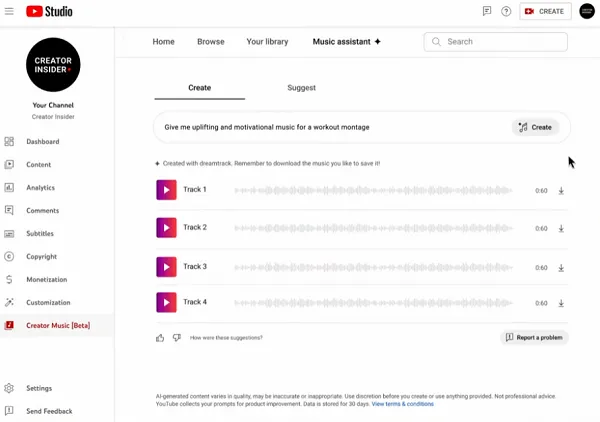

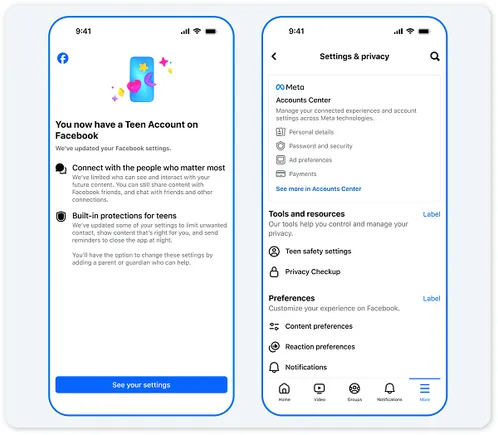






![How to Find Low-Competition Keywords with Semrush [Super Easy]](https://static.semrush.com/blog/uploads/media/73/62/7362f16fb9e460b6d58ccc09b4a048b6/how-to-find-low-competition-keywords-sm.png)
